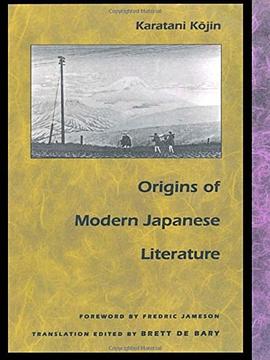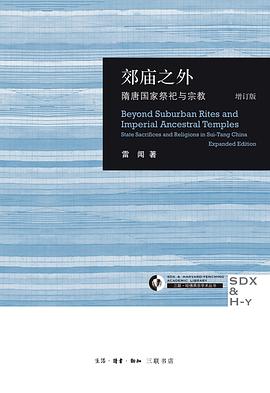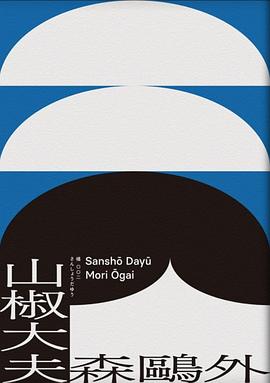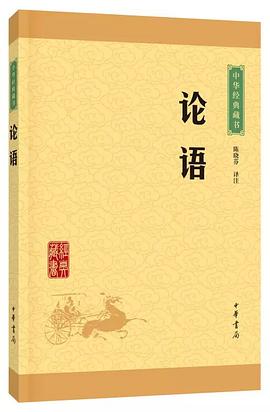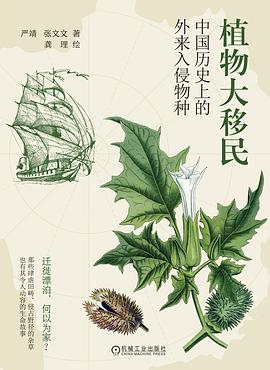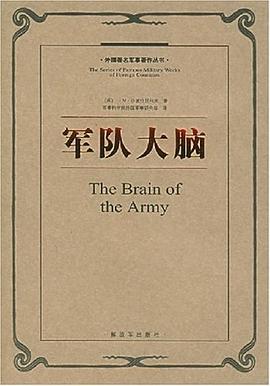Origins of Modern Japanese Literature
内容简介
From Library Journal
While this work of literary theory, which first appeared in Japanese in 1980, concentrates on the literature and thought of the 1980s, it challenges readers to reinterpret the literature of the entire Meiji Period (1868-1926) in six discrete essays plus a forward by Frederick Jameson and materials added for the English and paperback editions. Karatani (literature, Hosei Univ.) is at his most provocative when discussing the "discovery" of landscape in painting and literature as well as of the child as a human being. In his examinations of such important Meiji writers as Soseki, Kunidida Doppo, Tayama Katai, and Tsubouchi Shoyo, he offers insightful cultural criticism of subjects such as ethnography, religion, language, and modernity in the West and East. This far-reaching and bold reconsideration of Japanese literary history can be appreciated by scholars of modern thought and literature, above all those versed in Japanese studies.
- D.E. Perushek, Univ. of Tennessee, Knoxville
Copyright 1993 Reed Business Information, Inc. --This text refers to an out of print or unavailable edition of this title.
Review
“Karatani Kojin’s Origins of Modern Japanese Literature (Nihon Kindai bungaku no kigen) has had a profound effect on the way we formulate the questions we ask about modern literature and culture, and that effect will no doubt be redoubled now that the work is available in a lucid (and carefully annotated) English translation. . . . Karatani’s argument is compelling, moving even, and in the end the reader comes away with a different understanding not only of modern Japanese literature but of modern Japan itself. . .”
--Stephen Snyder, The Journal of Asian Studies
......(更多)
作者简介
......(更多)
目录
......(更多)
读书文摘
故此,写生文作家叙述自己的心理活动时也便采取同一种笔法。他们大概也吵架,也烦闷,也哭泣吧?……然而一旦提笔描写吵架的我,烦闷的我,哭泣的我时,他们便从大人对待孩子的立场出发下起笔来。《写生文》1907年1月20日
......(更多)
